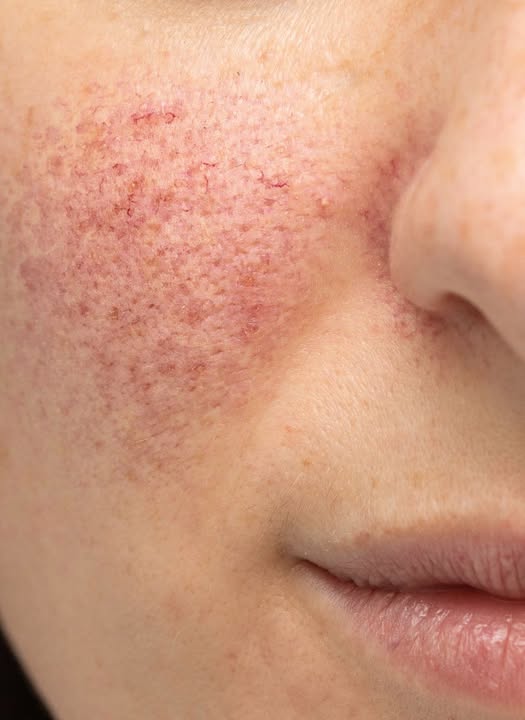Adult acne can be frustrating and is often caused by a combination of factors. Hormonal fluctuations, particularly those related to menstrual cycles, pregnancy, or stress, can lead to increased oil production and acne. Genetics also play a role, as a family history of acne can increase your likelihood of developing it. Environmental factors, such as pollution and humidity, can exacerbate acne by clogging pores. Additionally, certain skincare products or cosmetics may contribute to breakouts if they are not non-comedogenic. Understanding these triggers can help in managing and preventing acne.
Identifying Common Symptoms: Pimples and Redness
Pimples and redness are common symptoms of acne. Pimples, or zits, are inflamed blemishes that can appear as whiteheads, blackheads, or cysts. Redness often accompanies these blemishes due to inflammation and irritation of the skin. In some cases, the redness can extend beyond the immediate area of the pimple, leading to a flushed appearance. Recognizing these symptoms early can help in choosing the right treatment and preventing further skin damage.
Advertisement
Assessing Your Skin Type: Why It Matters
Knowing your skin type is crucial in selecting the right skincare products and treatments. Skin types generally fall into categories such as oily, dry, combination, or sensitive. Oily skin is more prone to acne due to excess sebum production, while dry skin may become irritated and inflamed easily. Combination skin can present challenges as it may have both oily and dry areas. Sensitive skin requires gentle products to avoid irritation. Understanding your skin type helps in tailoring a skincare routine that addresses your specific needs.
Over-the-Counter Solutions: What to Look For
When dealing with acne, over-the-counter (OTC) products can be a good starting point. Look for products containing benzoyl peroxide, which kills acne-causing bacteria, or salicylic acid, which helps to unclog pores. Retinoids, available in some OTC formulations, can promote cell turnover and prevent clogged pores. It’s important to start with lower concentrations to assess your skin’s tolerance. Non-comedogenic moisturizers and sunscreens are also essential to prevent further breakouts while keeping your skin protected and hydrated.
Home Remedies: Natural Approaches to Consider
Several home remedies can be effective in managing acne and redness. Tea tree oil, known for its antibacterial properties, can be applied topically to reduce inflammation and kill bacteria. Aloe vera gel is soothing and can help reduce redness and irritation. Honey, with its natural antibacterial and healing properties, can be used as a mask to calm the skin. Green tea, rich in antioxidants, can be applied as a toner to help reduce inflammation. It’s important to patch test any home remedy to ensure it doesn’t irritate your skin.
read more on next page
